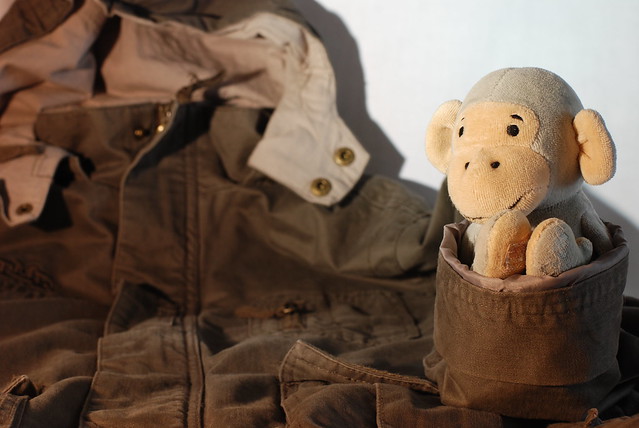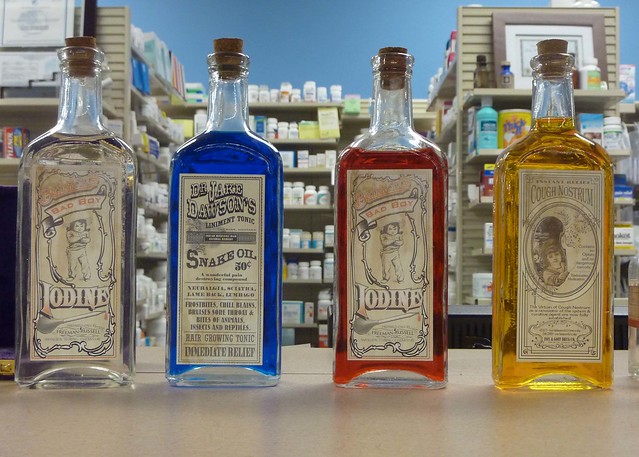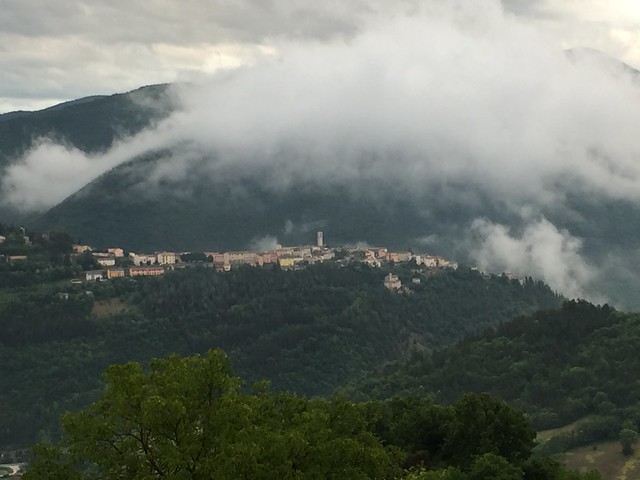According to a story on the BBC News, a performance of Shakespeare’s As You Like It wasn’t to the taste of one member of the audience at the Theatre Royal in York, who objected to Yorkshire accents being used, left during the performance and later asked for a refund.
The company responsible for the play, Northern Broadsides, said that its performances contained “unapologetic northern voices”, and the manager of the theatre apparently said “That’s Yorkshire accents, right here in Yorkshire”.
Here’s a trailer for the performance:
What is the world coming to when a theatregoer is subjected to northern accents in a Shakespeare play?
As everybody knows, Shakespeare should be performed with Received Pronounciation (RP), not with any other accent. After all, that’s how actors in Shakespeare’s time spoke, isn’t it?
Well no, English sounded it bit different back then, and many rhymes and puns in Shakespeare work in reconstructed Original Pronunciation (OP), but not in RP. Here’s an example of the differences between RP and OP:
The actor here is Ben Crystal, and his father, David Crystal, reconstructed the Original Pronunciation of Shakespeare, and is a honorary professor of linguistics at Bangor University, where I studied.
More about OP:






